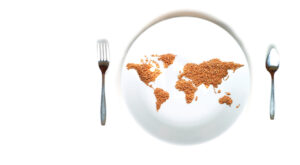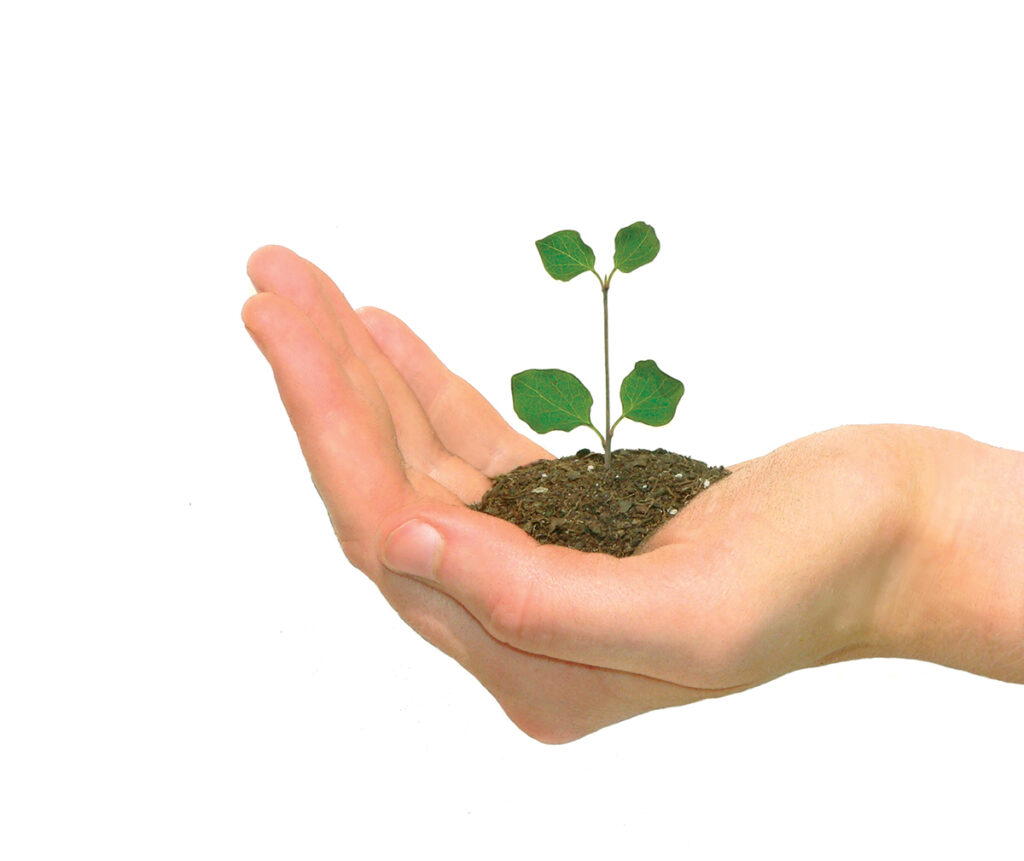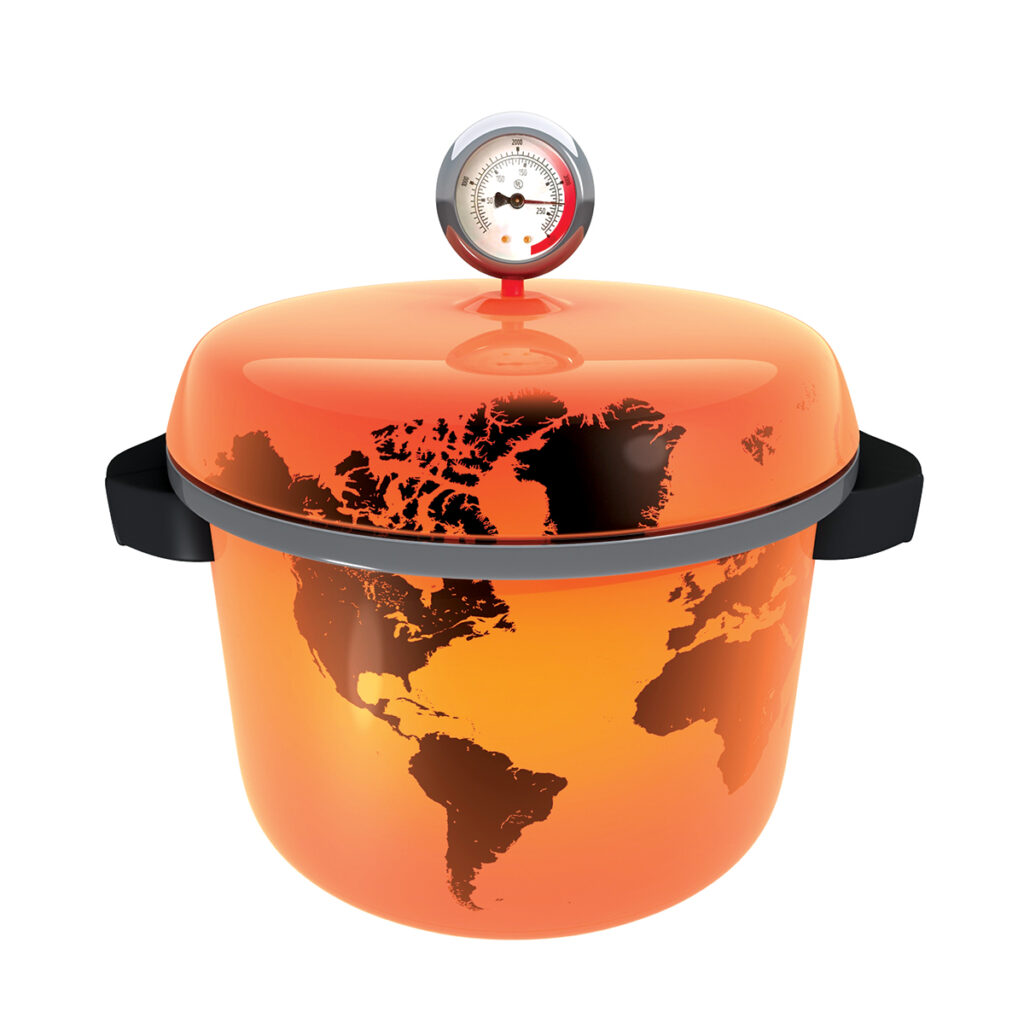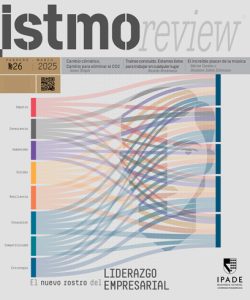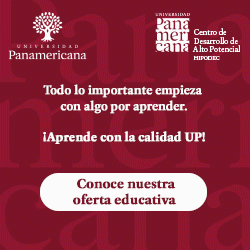In the decades to come, sustainably increasing food production will become an emergency that is just as critical as the one the world is experiencing today due to the pandemic.
It is believed that, by 2050, around 9 billion people will inhabit the planet. As soon as 2030, 3 billion human beings will live in China and India alone. At some point in this century, a demographic explosion is even expected to occur in Africa, given that the continent will tend to progress, without ceasing to be considered a developing region. One of the key issues related to the future of the planet will, without a doubt, be the need to revolutionize food production.
In this context, today, there are two important, leading topics in the field of food; they correspond to two desirable conditions, but are not necessarily synonyms, namely sustainable production and organic production.
Síguenos en Google ¿Noticias y descubre contenidos relevantes? para la persona de la Alta Dirección.
Given the current situation, focusing on organic production alone is not a feasible way to meet future needs. Considering how many of us there are, and how many of us there are expected to be, it is impossible to just focus on generalized organic production for the entire world.
Impending consumption needs will require high levels of science and technology, thus making for two great challenges and opportunities. On the one hand, there will be organic production, a more efficient return to the fields with better technology; on the other hand, artificial or semiartificial production, which will clearly be necessary in order to keep pace with global consumption, which involves not only the number of inhabitants on the planet, but also the shift of a large part of that population toward the middle class.
Te recomendamos este video del FORO ISTMO 2021 Recover – restart – reimagine, con el tema: “Del show circense al mundo hospitalario”. Nayeli Atayde, CEO de Atayde Entertainment Group
THE ADVANCE OF THE MIDDLE CLASSES
To summarize the development of the demographic explosion, from 1960 to 2000, practically 4 billion people were added to the world, nearly 1 billion per decade. However, the population over those 40 years—born, for the most part, in Asia, Africa, and Latin America—was extremely poor and possessed very low purchasing power. Since then, the total population has continued to increase, but the rate of growth has decreased, and this will continue into the future. In the last 20 years, a little less than 1 billion inhabitants were added to the world. However, the people who were born poor, especially in Asia, have become middle class in this same period, with 10 times the purchasing power of before.
For both reasons, organic production will not suffice and more science and technology-based production will be required. Organic production may certainly be sustainable, but non-organic production will also have to be sustainable. This will depend on the science and developments that this need will produce.
In the immediate future, developed countries are expected to practice a culture of sustainability at higher levels, while developing countries will do so at much lower rates. This means that we may see those who make up the developed sector of the world, about 1.5 billion people, practicing a higher culture of sustainability. However, the remaining 7 billion will continue to face challenges for several decades in order to reach the sustainability levels found in other countries.
Given the current situation,
Focusing on organic production alone
is not a feasible way to meet future needs.
Considering how many of us there are,
and how many of us there are expected to be,
it is impossible to just focus on
generalized organic production
for the entire world.
CLIMATE CHANGE AND CHANGES IN CONSUMPTION
Unfortunately, climate change negatively impacts organic production. The changes experienced, on occasion, cause much longer droughts. At other times, phenomena like tropical storms and hurricanes cause unexpected devastation. These global warming phenomena, far from helping organic production, affect it negatively. Farmers need climactic cycles to be relatively stable and must avoid major frosts when harvest time approaches and their products ripen. Therefore, when environmental cycles change significantly due to natural events, or simply because they change year after year in the long term, the world’s organic production is impacted.
At the same time, the middle class has transformed consumption in two ways. One of these ways corresponds to quantity, which is much greater. Let us take China, for example, a country that at one time had practically no purchasing power, despite being inhabited by many people. Today, however, with almost 500 million people in its middle class—and with that number on its way to 700 million in this same decade—China already consumes more than the United States in terms of quantity. And not only does it consume more, but culturally, it has started to westernize in terms of its consumption habits.
On the other hand, globalization as such, communication, and infrastructure have promoted capriciousness among human beings with a certain level of purchasing power. We have access to almost everything, making it a question of whether you can pay for it or not. Our behavior is not in line with natural cycles. In another age, people consumed fruit that was in season, what was available in their region at the time. Man adapted to nature. Today, we have made nature adapt to us. We have all fruit, from every region, organic and inorganic, any time of year. Although apple harvesting takes place during certain months, they go into cold storage the rest of the year. These are things that we have gotten used to as an upper-middle-class society.
Some cultures have westernized in step with the United States, where a style of consumption and waste persists. Clearly, this description does not seek to generalize the United States in broad terms, as there are many different cultures that coexist there. Rather, it describes a culture that unfortunately throws food away on occasion. That culture has expanded to other societies. It can be seen in Mexico, for example. Consumer habits have changed, which is not necessarily positive because higher levels of consumption are often due to whim rather than to greater need. The planet is not prepared for this level of human caprice.
To deal with increased waste and impulsive consumption, work is currently being done, especially in countries that are advanced and developed not only economically but also culturally. If we were to analyze levels of waste and recycling today, we would see that in Latin America only 4.5% of waste is recycled, while the world average is 13.5%, and some European countries exceed 50%. It is a cultural issue that is lived out daily through almost every action. It is not just about recycling or separating waste, but also about the type of production and people’s awareness when it comes to consuming only what is necessary. Nordic countries are making significant efforts, and some cities in parts of the European Union boast a very robust culture of sustainability.
Te recomendamos leer: Última oportunidad para ser un país de clase media
Other efforts happen at a much more local, even corporate, level. This can be seen in the cafeterias of some Silicon Valley companies, which have a very high level of innovation. Here, the culture allows employees to take whatever they want, but only what they are going to eat, and there are fines for leaving food on their plate. These efforts attempt to avoid waste. However, this culture does not predominate in the United States, where it is common for a customer who does not like their hamburger to get a new one, while the other one goes directly into the trash.
Sustainability efforts need to be much more widespread. In order to produce electricity, heat water and homes, and make fertilizer, Sweden currently imports garbage from other European countries and then puts it through an incineration process by which methane gas is generated.
Some countries have great initiatives that are sometimes very innovative and sometimes very simple. They include very developed countries, although not all of them, only those with a culture of sustainability.
THE ROLE OF TECHNOLOGY
As for technology and its relationship with sustainability, this relationship may evolve in the same way that science has behaved towards medicine these days. Great developments come when they are needed. Making an analogy with current times, the Covid-19 pandemic, the development of vaccines in record time was unprecedented. We would never have thought that we would have a vaccine against a virus like the one we are facing today with a development time of basically one year.
This same progress is having an impact in other fields. For example, the HIV vaccine is now on the verge of being offered to the market, after decades of development. This is due to the scientific development brought about by COVID-19. It is not farfetched to think that, as with the pandemic, the issue of sustainability will become increasingly urgent in the near future. The technological development achieved in the health sector exists now, but is incipient when it comes to other industries.
Thus, technology is going to play a very important role in the quest for sustainability and, in fact, will be a great business opportunity. Those who are in the technology business and apply it to sustainability may be on the forefront of a great business.
The entire agri-food chain
must be considered sustainable,
hence the need for further
technological development.
However, Mexico’s current environment does not favor the issue of sustainability in terms of its profitable development. Neither current public policy, nor the culture in general, help. However, eventually, a rising population and the need for consumption will create the need for greater sustainability. It will not be an extra or a want; it will be absolutely necessary.
Today the integral need for innovation can be seen along the entire agri-food chain. The development of technology for production purposes is fundamental. However, the need for change involves the entire chain. For example, the case of Nestlé in India. The company was able to produce milk in large volumes through a multiplicity of producers, but a bottleneck arose with refrigeration during transport. Even though a lot of milk was produced, the distances that needed to be covered in a gigantic country without transport refrigeration presented a problem. Increased production only highlighted the weakness in the logistics link. Today, this issue has been solved, but at the time, it was very complex.
The entire agri-food chain must be considered sustainable, hence the need for further technological development. In this context, production may or may not be organic, but it must be sustainable. Throughout the entire chain, energy should be renewable, the water used should be reusable, and rainwater should be collected and reused for irrigation. Then comes the transportation stage, where electric or hybrid vehicles could be used, as well as storage in facilities that use renewable energy. This sustainable agri-food chain should be replicated in all countries, and not just in the most developed ones.
Conecta con nosotros, Ahora en TELEGRAM: https://t.me/ISTMOconnection
One of the priorities in the case of Mexico corresponds to working on having more cultivatable land. In our country, despite having a lot of available land, it is no longer used for cultivation. There is land that was left uncultivated at some point in the past, for various reasons, including commercial issues, as it became cheaper to import certain products than to produce them internally.
The time has come to return to the countryside, to nature, and having more land for agricultural production is becoming a necessity. This is a major challenge. Furthermore, we will need to produce more than before. The United States will continue to maintain, and also increase, its current consumption rates. The gigantic markets of China and India will be joined by other Asian and African countries. In this context, Mexico has a great opportunity in terms of organic production, both for domestic consumption and export.
Today, certain markets place a high value on organic production, and it is a fact that consumption will increase over the next 20 years. Mexico has an opportunity in food production and must come up with a great vision in order to find where to focus, what to produce, with what quality standards, with what cultural focus.
For example, in the past, I have referred to Halal foods, products permitted for the Muslim population, which often consumes Kosher because there are not enough Halal products in the West. In Mexico, we already have the Halal seal, which points toward a great market opportunity. We must therefore make decisions, review under what cultural focus it makes sense to produce, and study what makes sense to produce in terms of regional requirements and in terms of the appraisal of organic products.
International markets are wide open and Mexican businessmen and women stand before a great business opportunity, while at the same time contributing to the development of a sustainable culture along the agri-food chain.

